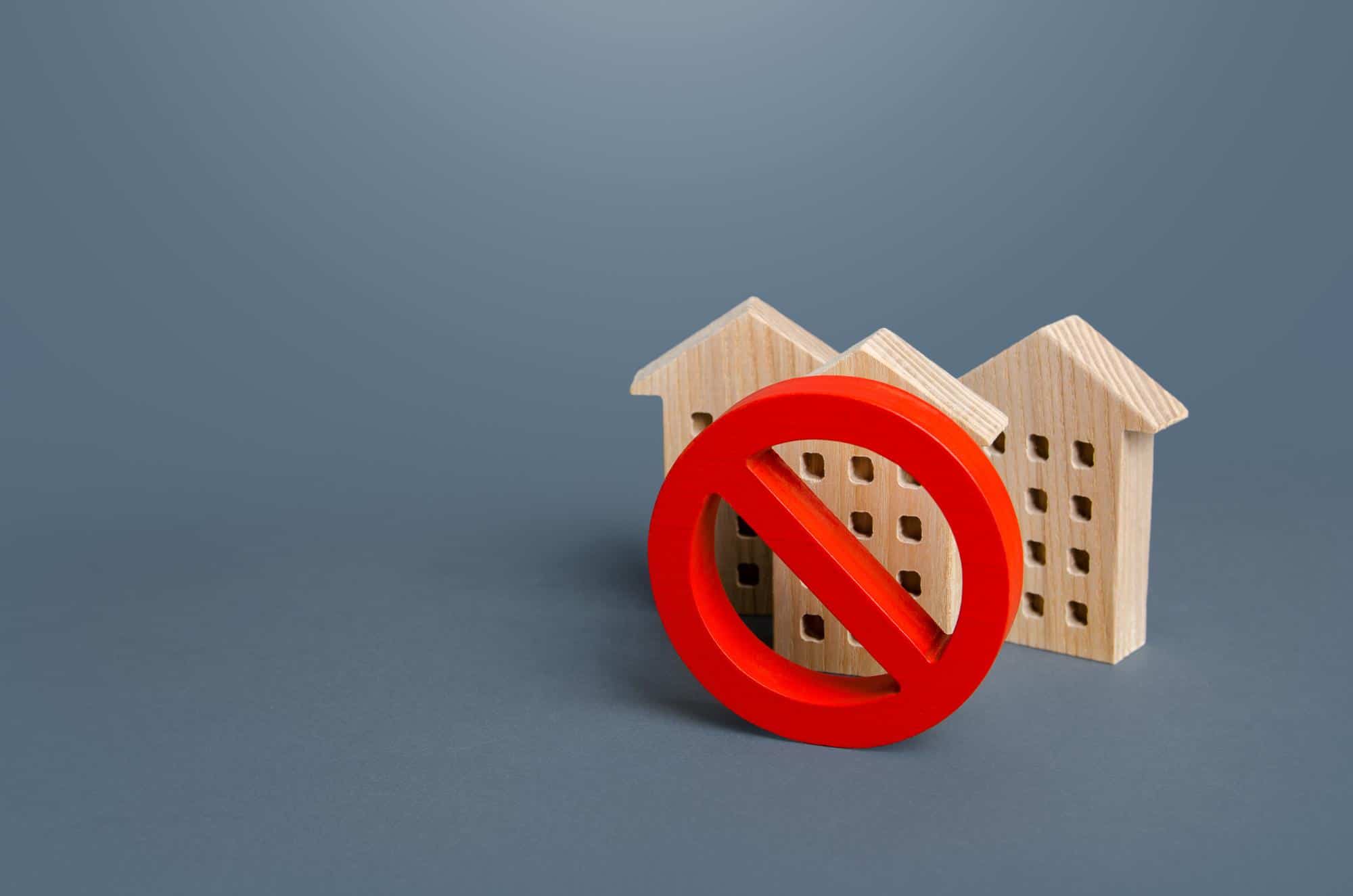What is Canada’s Foreign Buyer Ban and Who Does It Affect?

Canada’s real estate market has drawn global attention, not just for its picturesque landscapes but for its skyrocketing housing prices. With affordability slipping out of reach for many residents, public discourse has increasingly turned to the role of foreign investment in driving up home costs.
In response to mounting pressure, the Canadian government introduced the Prohibition on the Purchase of Residential Property by Non-Canadians Act, often referred to as the foreign buyer ban.
Contents
What is the Foreign Buyer Ban?
First came the foreign buyers’ taxes, then the vacant property levies. All these measures were aimed at controlling the relentless rise of housing prices in Canada. Unfortunately, despite these initiatives, affordability still remains a distant dream for many.
Trying to manage the market conditions, the federal government introduced the foreign buyer ban, a policy aimed at curbing foreign competition in the residential housing sector.
This ban prohibits non-Canadians from buying residential properties, be it directly or through indirect means. It applies to Canada’s Census Metropolitan Areas (CMAs) and Census Agglomerations (CAs).
Which Residential Properties Does It Concern?

The Act gives the following definition of the term “residential property” that includes:
- Detached houses or similar buildings with up to three dwelling units;
- Parts of larger buildings, such as semi-detached homes, rowhouses, or condominium units, provided they are separate parcels or divisions of property;
- Any prescribed real property or immovable.
The foreign buyer ban zeroes in on Canada’s most competitive housing markets: Census Metropolitan Areas and Census Agglomerations. These regions represent the country’s urban and densely populated hubs, where affordability challenges are the most pronounced. What do these mean exactly?
A CMA comprises one or more neighboring municipalities built around a core urban center with at least 100,000 residents, of which 50,000 or more live in the core. Alberta’s major cities, Calgary and Edmonton, are prime examples of CMAs.
On a smaller scale, CAs like Collingwood include communities with a core population of 10,000 to 100,000, also economically and socially tied to their surrounding regions.
Who is Affected by the Ban?
At first glance, the foreign buyer ban might seem simple: it prevents non-Canadians from purchasing residential properties. But who exactly falls under this classification? This is how the act describes it:
- Anyone who is not a Canadian citizen, a permanent resident, or a person registered under the Indian Act is considered a non-Canadian. This includes foreign nationals residing in Canada without permanent residency status;
- Companies incorporated outside of Canada or its provinces fall squarely within the scope of the ban, regardless of their business interests in the country;
- Even corporations incorporated in Canada can be affected if their shares aren’t publicly traded on a designated Canadian stock exchange under section 262 of the Income Tax Act.
If you think your situation might fall into a gray area or if you’re unsure how the law applies to you might need to consult a real estate lawyer in Toronto to clarify your standing.
Key Exemptions

The foreign buyer ban may seem all-encompassing, but there still are some exceptions to the rule.
Refugees
Refugees granted status under Canadian law are exempt from the foreign buyer ban. This exception shows Canada’s commitment to providing stability and support for those fleeing hardship. The policy helps them build a secure foundation as they rebuild their lives in Canada.
Permanent residents
Permanent residents too are exempt from the foreign buyer ban. It shows that those who have truly chosen Canada as their home can invest in their future within the country.
Some temporary residents
Temporary residents like international students and work permit holders also can buy property under a couple of specific conditions.
Students must have been enrolled in a recognized educational institution and studied in Canada for a minimum of five years to qualify. This serves as proof of their commitment to integrating into Canadian society.
Temporary workers must have lived in Canada for a significant period and filed Canadian income taxes for at least three of the last four years to demonstrate their connection to the country.
Spouses or Common-Law Partners
Spouses or common-law partners of Canadian citizens or permanent residents are exempt from the ban too. The rule applies regardless of whether the spouse or partner is in the process of getting permanent residency or just has a temporary status in Canada.
It’s a way for this law to still support Canadian families in their search for stability, particularly for couples going through the tiresome immigration processes or adapting to life in Canada.
The Foreign Buyer Ban’s Future
The foreign buyer ban is not a permanent fixture of Canada’s housing policy. Initially ought to end in December 2024, the foreign buyer ban has been extended through January 1, 2027. While the ban stays active, its success will be evaluated through its impact on housing prices and affordability.
Will the ban deliver on its promise of better affordability, or should we wait for other new measures? The following couple of years will show if this choice actually leads to significant change or opens the door to other reforms instead. We’ll have to wait and see its long-term consistent effect on the market.
Canada’s Foreign Buyer Ban FAQ
-
When Does the Foreign Buyer Ban in Canada End?
As a temporary measure, it’s supposed to become inactive on January 1, 2027. However, its duration has already been extended once in the past, so it’s possible that the prolongation can happen again. This will mostly depend on market conditions and the ban's effectiveness.
-
What Penalties Exist for Violating the Ban?
Violators can face fines of up to $10,000 for each offence. In addition to financial penalties, courts may also order the sale of unlawfully purchased properties. This is why it's important to know whether you and the property you thinking about purchasing are subject to the ban.
-
Are There Any Specific Regions Where Foreign Buyer Ban Works?
Yes, the ban applies within Census Metropolitan Areas (CMAs) and Census Agglomerations (CAs), which are urban areas defined by Statistics Canada. This is because these are the regions with significant urban populations where housing demand is highest.


